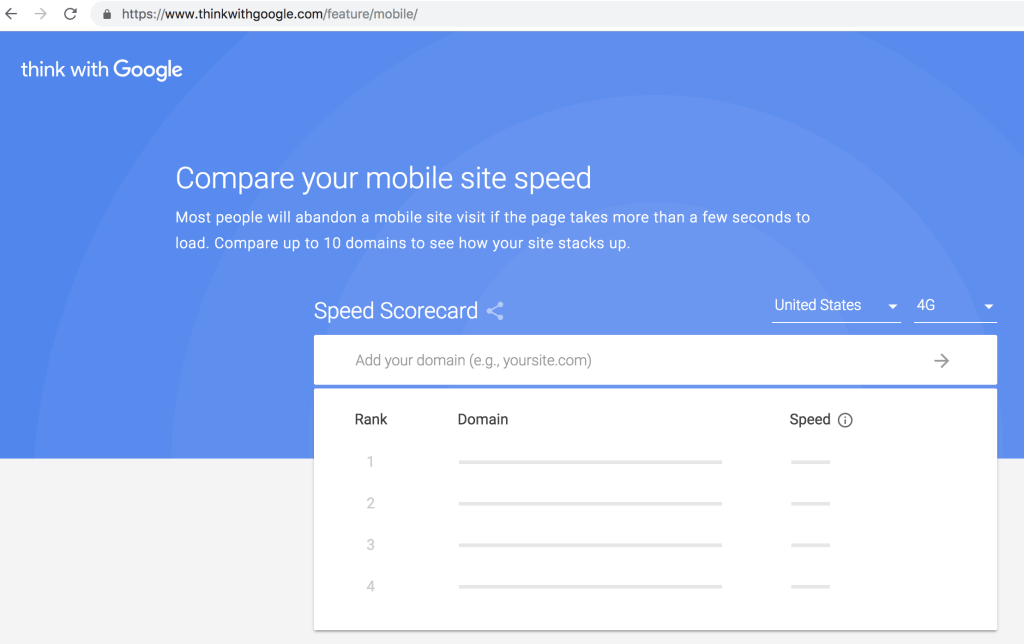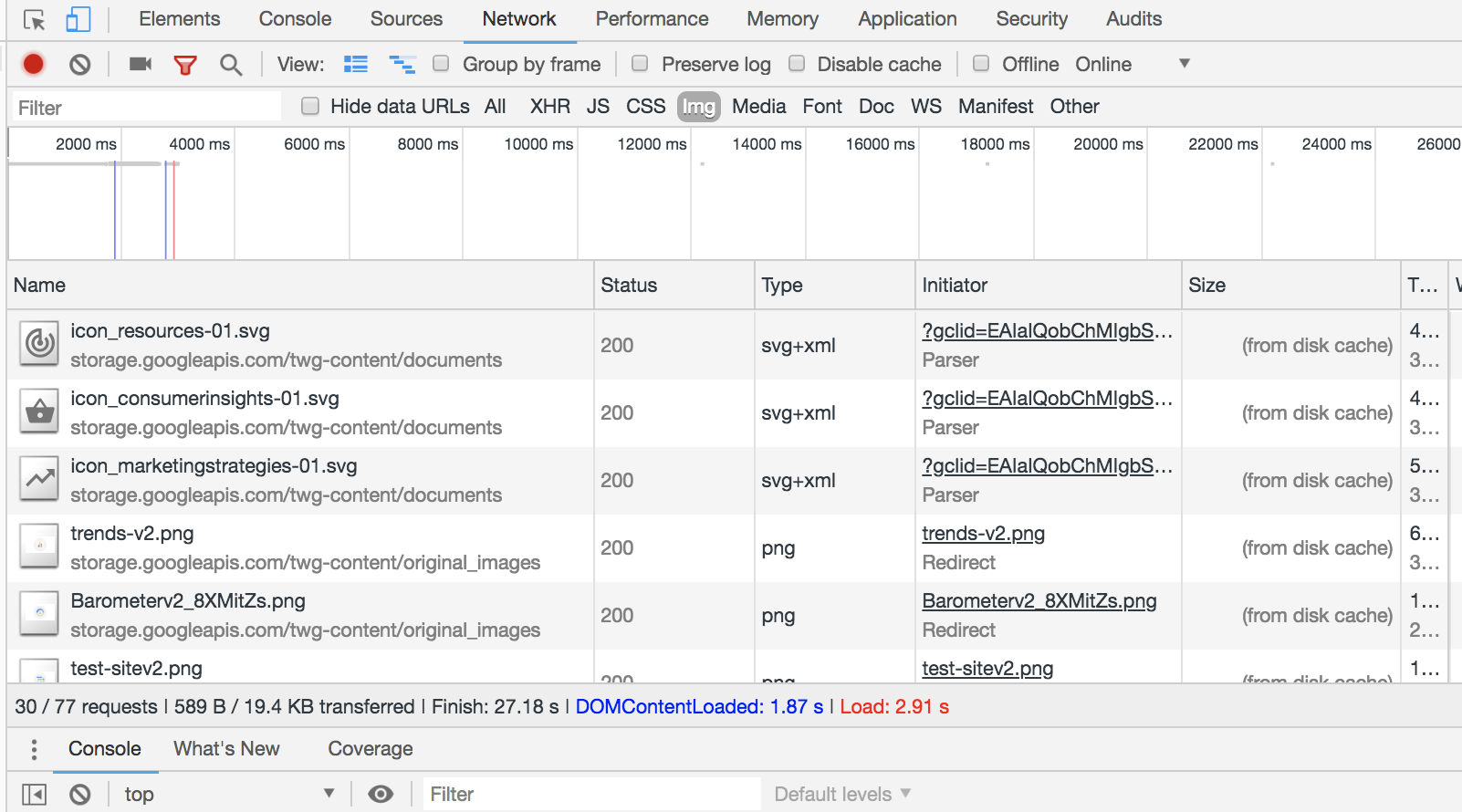Attending industry conferences is a great way to keep you updated with the latest SEO trends, along with allowing you to meet potential clients and network with like-minded professionals. Often our time and/or budget limits the number of SEO conferences we can attend annually.
I conducted a Twitter poll to discover how many SEO conferences professionals within the industry attended annually.
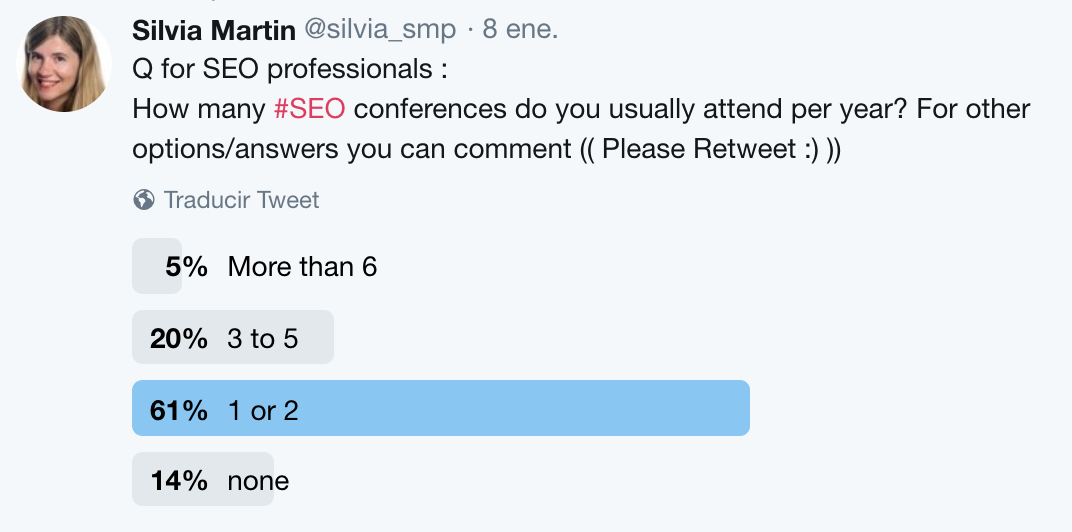
Unsurprisingly, the majority of respondents said they attended one to two conferences per year.
Conference choices may be influenced by location, which makes local conferences more convenient and accessible, but there are also other important factors to consider such as the event’s reputation, the speakers, topics covered, price and whether there are networking opportunities.
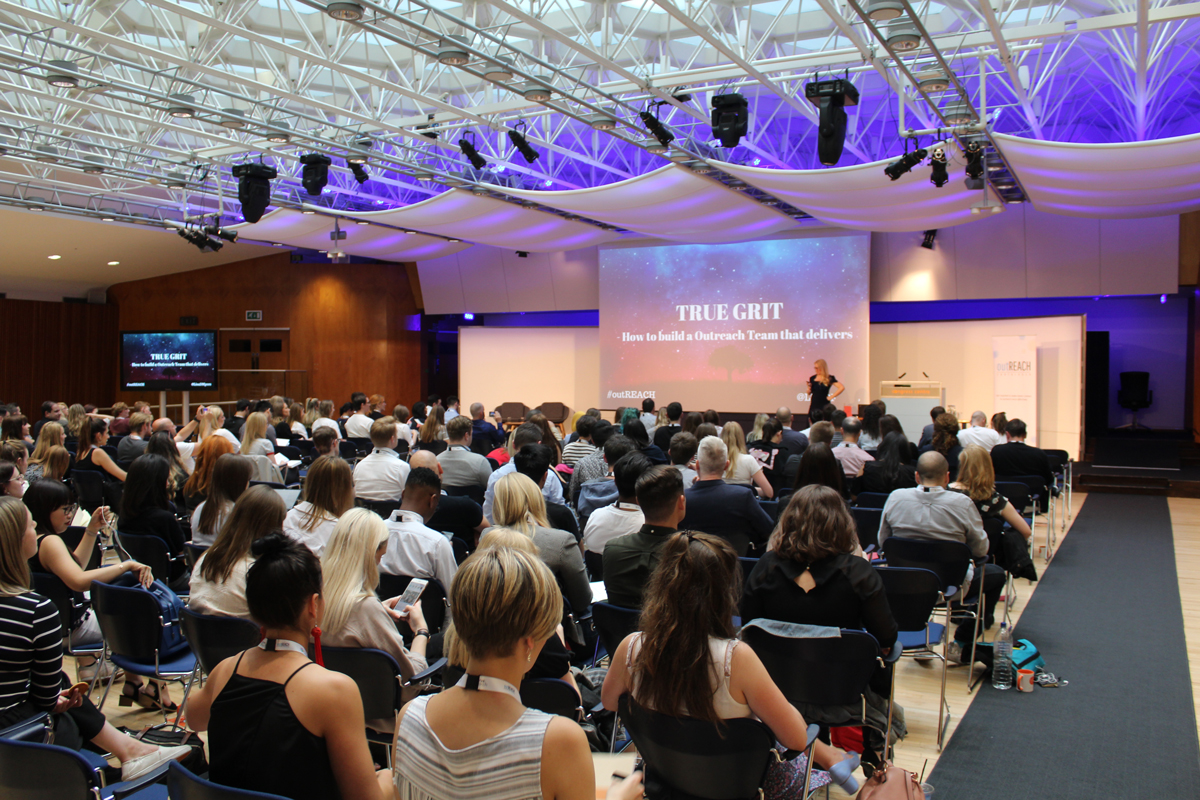
We have updated our selected top SEO conferences around the world to help you make your decision of which conferences to attend this year.
Top 2020 SEO Conferences
- Search Y
Start the year with the opportunity to meet in Paris with international experts, sharing SEO and SEA news and pieces of advice from their day-to-day experiences. Featuring French and English speakers and simultaneous translation in both languages (in case you don’t feel like practising your French).
It’s a packed day with more than 25 presentations in French and English, offering different tracks. Topics included: content tips, algorithm changes, digital strategy, Tech SEO…and one of the highlights this year is that Martin Split from Google will be speaking!
When: 7 February 2020
Location: Paris
More information about Search Y
- UnGagged
UnGagged’s motto is ‘Honest discussion. Actionable tactics. No Cameras. No BS’, and they deliver exactly that. The quality of the speakers and presentations is impressive, with the event usually having two to three key themes and topics, too. This one’s great for those of you looking for advanced SEO talks and networking opportunities over lunch, which is included within the ticket price, or over drinks after the conference.
They have 4 different locations now, one in the UK, London, and the rest in the US with different speakers and topics, but the same good quality to the extent that some attendees go to more than one of their conferences each year.
UnGagged London
When: TBC (usually May/June)
Where: London, UK
More information about Ungagged
- SMX Munich
Search Marketing Expo organises several SEM and SEO conferences around Europe. These conferences are organised by Search Engine Land. The event in Munich includes great advanced technical SEO sessions and takes place in April. It’s a multi-track event offering top talks from 77 amazing speakers including John Mueller, Webmaster Trends Analyst at Google. Deep-dive sessions are also included in the ticket price, although places are limited so be sure to book in advance. Additionally, the SEMY awards ceremony will take place on the first evening and there’s also an SMX after-dark event for networking.
When: 18 – 19 March
Location: Munich, Germany
More information about SMX Munich 2020
- Advanced Search Summit
Another digital marketing conference worth bookmarking, or even better attending in the US in 2020. SEOs and search industry leaders share their knowledge and experiences in a stunning location, surrounded by vineyards. Networking evenings, while enjoying the best wines in Napa Valley, sound like a great combo!
When: 22 – 24 April 2020
Location: Napa Valley, California
More Information about Advanced Search Summit 2020
- BrightonSEO
This is one of the most popular search marketing conferences in the UK, with 2018’s edition being attended by roughly 3,500 international professionals. BrightonSEO happens bi-annually (in April and September, usually), with one day of conference talks from an array of speakers, and one day of workshops. There’s something for everyone at this event, with talks surrounding content marketing, links, social media and technical SEO. There’s a pre-party the evening before the conference and networking drinks at the end of the event, too. The cherry on top is the ‘fireside chat’, where search personalities or even Google employees answer common SEO questions.
When: 17 April & 2nd October 2020
Where: Brighton, UK
More information about Brighton SEO 2020
- OutREACH
This is a niche conference organised by Verve Search, which focuses on link building and outreach. It’s a one-day event with a single track and is designed to give first-hand insights into successful outreach strategies and case studies. Speakers are always top-level expert link builders sharing their best tips, journalists sharing their know-how and experiences, in addition to experts in content marketing and PR specialists. The conference is followed by networking drinks with speakers and attendees.
When: 12 June 2020
Location: London, UK
More information about OutREACH 2020
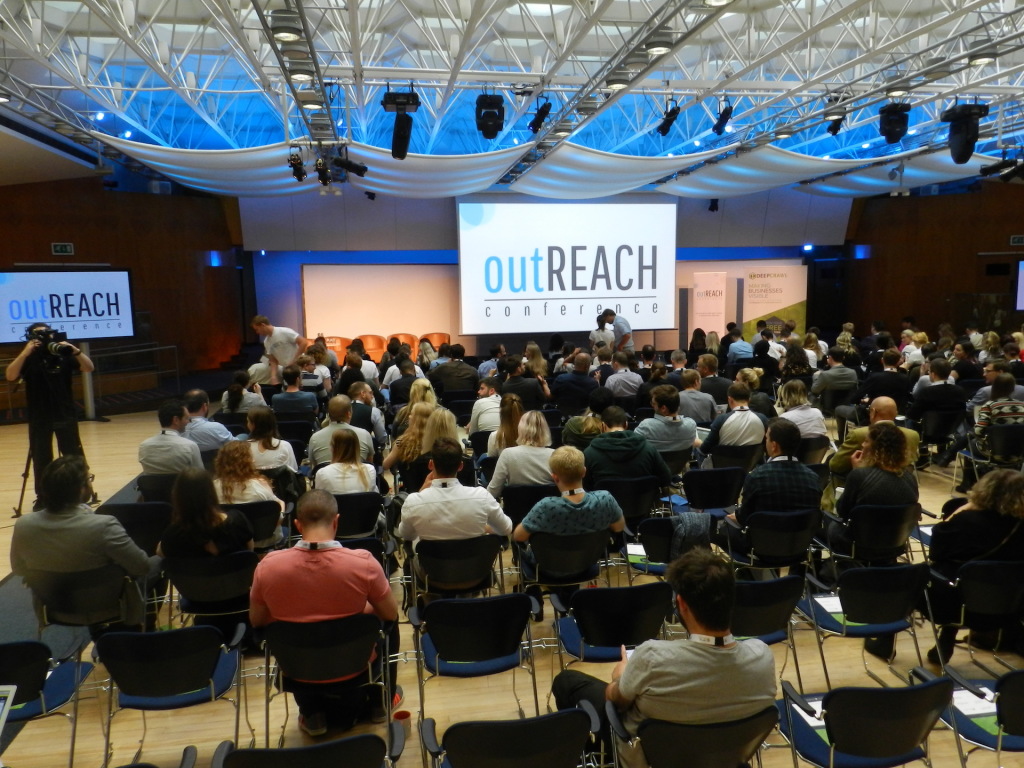
- SEontheBeach
This Spanish SEO conference with national and international speakers it’s set within a unique location; the beach at La Manga del Mar Menor. It’s the ideal way to soak up the sunshine while enhancing your SEO knowledge. Besides the interesting SEO talks there are many fun activities such as “beachworking”, which will help to break the ice and make networking easier. There’s a great line-up of confirmed speakers so far, including Gary IIlyes from Google.
When: 12 – 13 June 2020
Where: La Manga, Murcia, Spain
More information about SEontheBeach 2020
- MozCon
Moz organises one of the most reputable conferences in the US for technical SEO, mobile strategy, analytics and content. Running every year since 2011, it is a one-track event, which always has top-tier speakers who will share actionable insights. They also host networking evenings such as the Kickoff Party, where attendees and speakers can mingle and share their knowledge.
When: 6 – 8 July 2020
Location: Seattle, USA
More information about Mozcon 2020
- Learn Inbound
This is a single-track conference with 20 industry experts speaking over the space of two days, followed by networking drinks and an afterparty. The advantage of the single-track is that you won’t miss any of the speakers and you’ll attend a variety of talks, including focused SEO ones, in addition to PPC, CRO and PR. You can also expect tips, tactics and strategies from the experts.
When: TBC (usually August)
Location: Dublin, Ireland
More information about Learn Inbound 2020
- TechSEO Boost
This is the first technical SEO focused conference and it has been organised by Catalyst Digital since 2017. It’s free to attend, you just need to sign up to the attendance lottery, because places are limited. However, if you don’t get a spot or if you aren’t based near Boston, where the event is hosted, and you want to save up on travelling costs, they also offer a free live streaming ( cheers to that!). Renowned international SEO speakers share their Tech SEO tips and wisdom, it’s a great conference to improve or polish your tech skills.
When: TBC (Usually on November/December)
Location: Boston, US.
More information about TEchSEO Boost
Other great Digital Marketing conferences to consider are Pubcon in Vegas, Search Love, hosted in various locations, including London, Boston and San Diego and the exclusive, invite-only, SEOktoberfest in Munich, gathering top international SEO experts.
Another important thing to remember when planning to attend conference is that preparation is key, so book well in advance to take advantage of discounted early bird tickets.
Do you have other international SEO conference recommendations? Leave your suggestions below.


